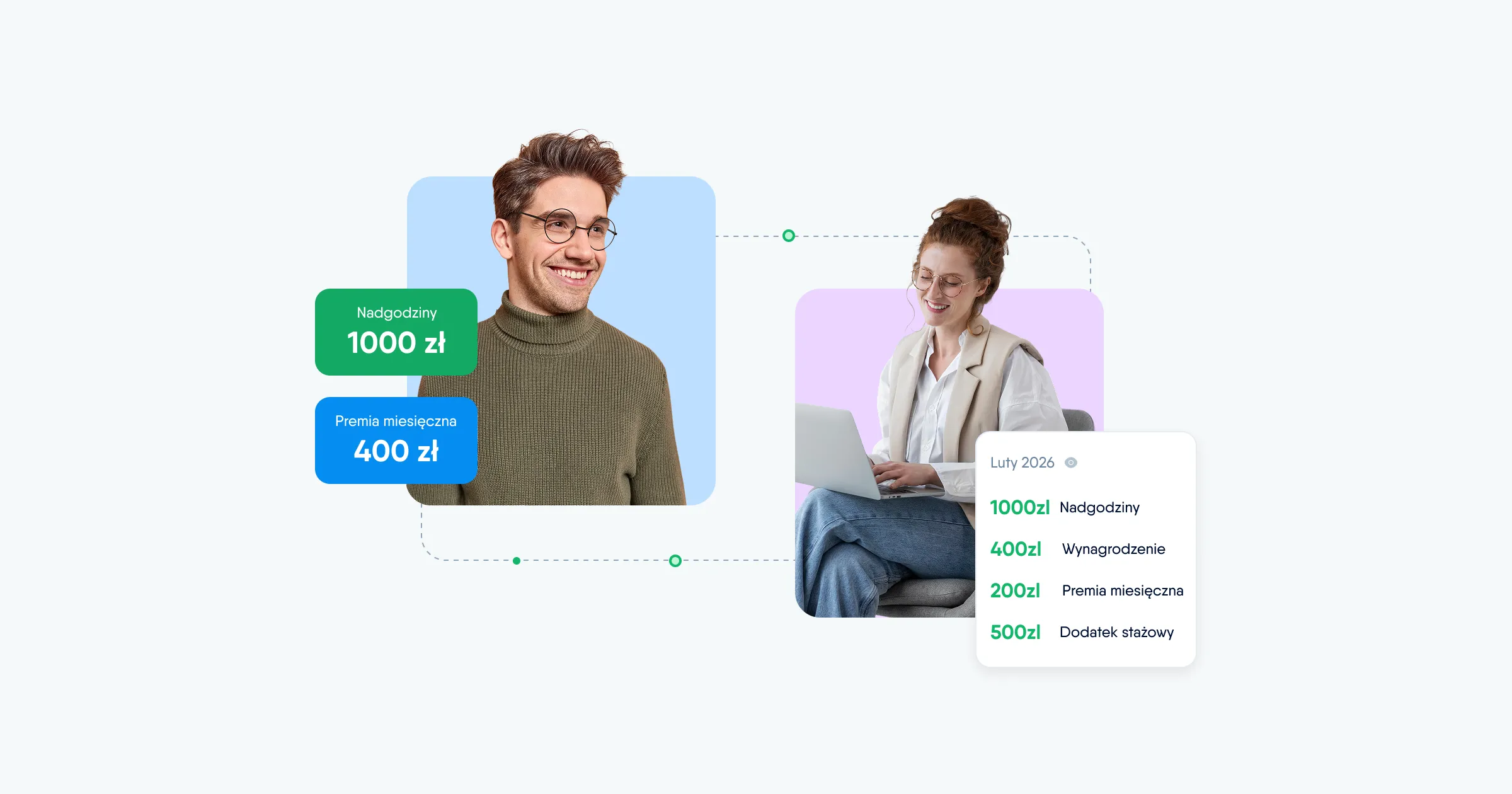Artificial intelligence in HR
How is AI used in HR?
What is AI?
Artificial Intelligence (AI) refers to the ability of machines to perform tasks that typically require human intelligence, such as learning, reasoning, problem-solving, perception, natural language processing, and decision-making. AI is achieved through the development of algorithms and computer programs that enable machines to learn from experience, adapt to new inputs, and perform human-like tasks.
AI is used in many fields, such as healthcare, finance, transportation, and education, to improve efficiency and accuracy in decision-making processes. However, there are also concerns about the ethical implications of AI, including issues related to privacy, bias, and job displacement.
How is AI used in HR?
AI has revolutionized the way HR professionals perform their work and the technology has become absolutely crucial for companies wanting to maximize their operations.
- Recruitment and selection: AI is used to screen resumes, assess candidates' qualifications, and predict the likelihood of job success. AI-powered applicant tracking systems are a good example of this.
- Onboarding and training: Similarly to the above, the onboarding processes can be streamlined by AI by automating routine admin tasks and paperwork. It can also be used to provide personalized training based on the candidate's qualifications.
- Employee engagement: HR professionals can use AI to gauge the engagement and well-being of their colleagues. For example, to generate AI-driven surveys that are published within the company to ascertain staff sentiment.
- Performance management: AI is great for tracking employee performance and can rapidly identify areas for improvement.
What are the benefits of AI in HR?
- Improved efficiency: As AI tools and software automate a number of essential tasks they allow HR professionals to become more efficient in their daily activities
- Increased accuracy: With AI the likelihood of a human error occurring and affected factors like payroll, vacancy accrual, and important dates, are either significantly reduced or eliminated.
- Enhanced decision-making: Data-driven analysis generated by AI processing allows companies to make high-quality decisions based on actionable information and insights.
- Personalization: AI provides a far more personalized experience for both the company and all of its employees, providing them with a far more qualitative experience.
- Cost savings: By automating routine tasks and improving efficiency, AI can help organizations to reduce monetary wastage and cut the amount of unnecessary expenditure.
- Fairness and consistency: Being data-focused, AI reduces the impact of unconscious bias in HR processes such as recruitment and selection, leading to fairer and more consistent decision-making.
How do I get started with using AI in HR?
The first step you should take is to identify the specific reason why you’re considering adopting AI technology for your HR department. For example, if you’ve identified inefficiencies in your recruiting processes you should start with an applicant tracking system like PeopleRecruit. On the other hand, if you think you need AI to help improve the performance of your colleagues, then start with something like PeoplePerform.
After that, your next step would be to contact PeopleForce to request a demo for your company. One of our colleagues will get back to you and help you adopt AI, along with the module or modules you choose. You’ll realize quickly how beneficial the technology can be.

